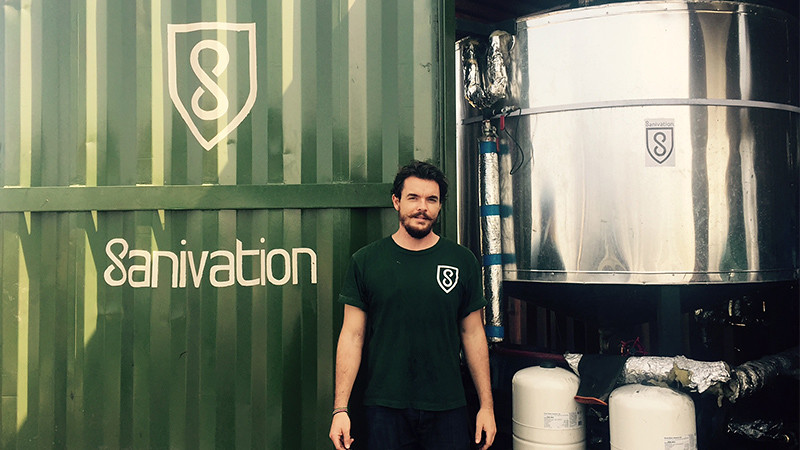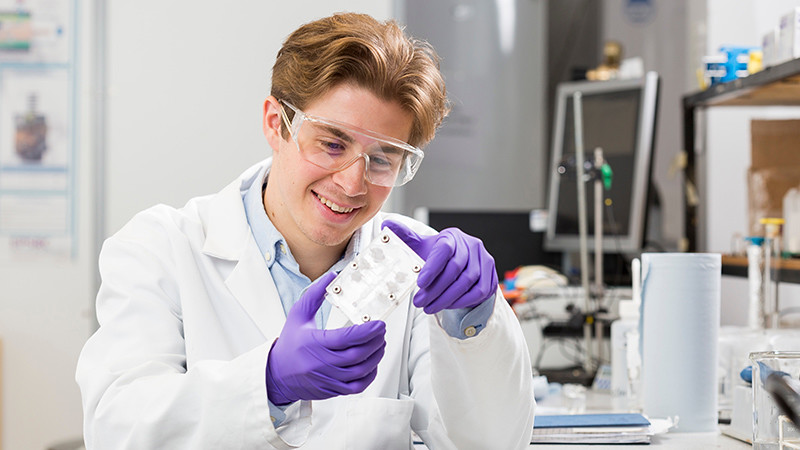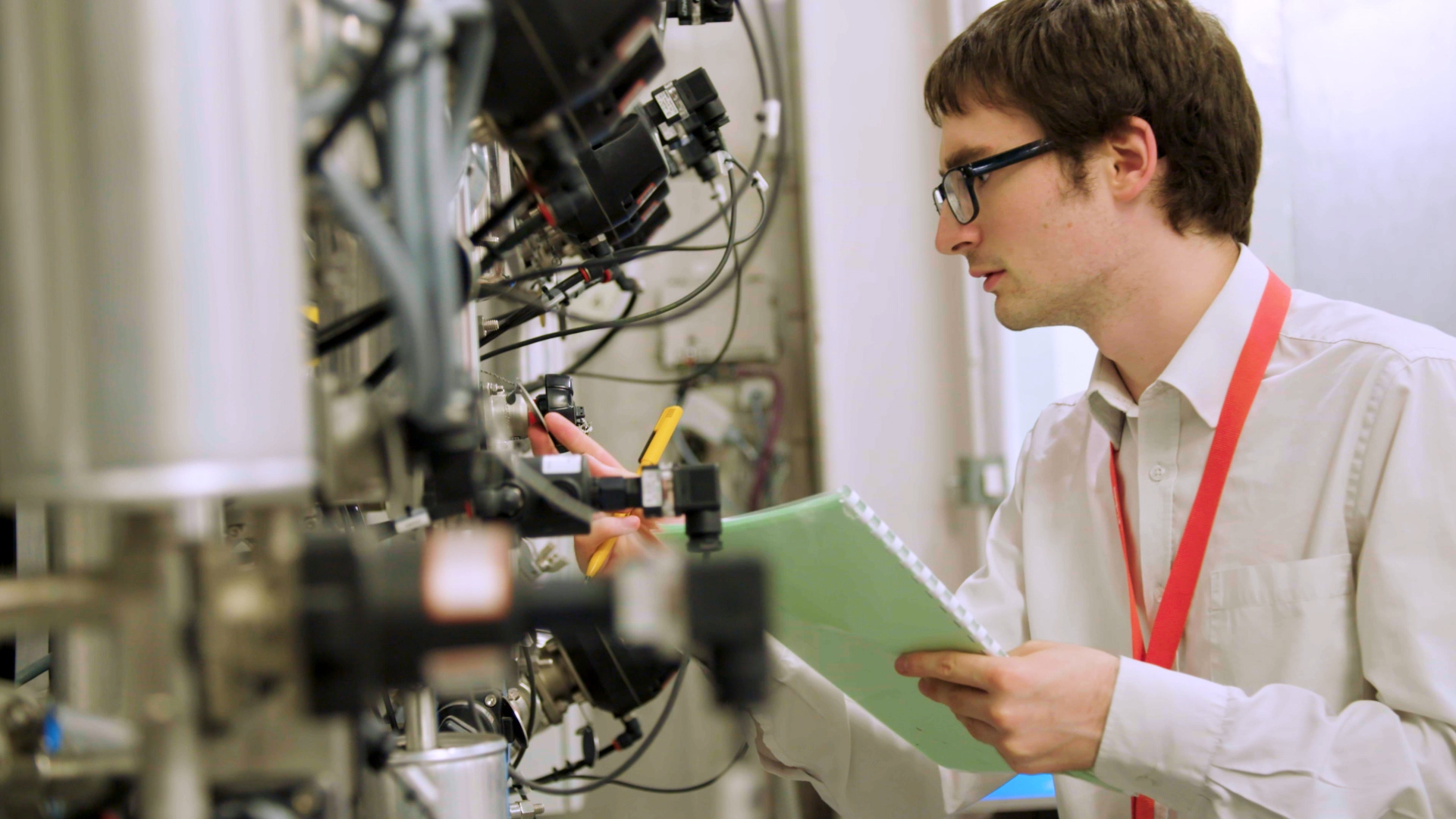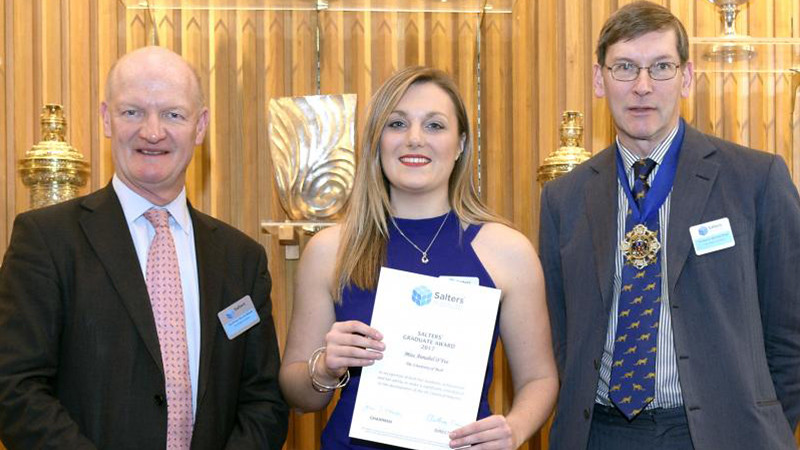Kakuma refugee camp in north-western Kenya is home to over 180,000 registered refugees and asylum-seekers. Since 1992 the camp has taken in people fleeing insecurity and conflict from South Sudan, Ethiopia, Burundi, Congo and Somalia. This high population density coupled with the desert terrain presents a major water and sanitation challenge.
In his role as Technical Lead for a social enterprise organisation called Sanivation, Jack is currently working on a United Nations High Commissioner for Refugees (UNHCR) project funded by the Bill and Melinda Gates Foundation to provide sustainable sanitation to the camp: "The objective of the project is inspiring – to sustainably provide proper sanitation, reduce disease and have positive environmental impact, whilst also providing skills and livelihoods. Those impacts are really good motivators to get to work."
Addressing environmental challenges with great design
Jack and the team have designed an innovative, container-based toilet that diverts away urine and stores faecal sludge in cartridges. These cartridges are collected twice a week by tuk-tuk and taken to a processing site where they are heat treated and mixed with charcoal dust to produce clean-burning charcoal briquettes. These are brought back to the camp and sold as fuel with the revenue used to cover the original cost of collection. The whole process is designed to be sustainable by using renewable energy and local waste products. In the long term, it is also cheaper than traditional pit latrines.
"Seeing something I’ve personally designed, built and commissioned being operated successfully in such a challenging location is very rewarding.
"The technical design skills I learned at Bath such as heat exchanger design, and pump and pipe sizing have been very useful for this project. As the chemical engineering course was quite broad, we had the opportunity to learn about things like budgeting and management, which I've also made extensive use of.
"Most important of all are the problem-solving skills you develop – the ability to collate information from many different sources and use it to find a way forward comes in useful every day. Materials and skills are very limited here in Kakuma, so when something breaks it’s often difficult to think of a way of repairing it; however, with a bit of creativity and flexibility I’ve found that almost anything can be fixed, and it feels good when you get it working again."
So far there are 250 households in the camp using the new toilets, but Sanivation hopes to help over 1 million people in East Africa enjoy more sustainable, safe and healthy sanitation by 2020.
The journey to Kakuma
After graduating in 2011 Jack spent a year travelling and volunteered as a Water and Sanitation Engineer for a non-governmental organisation in Orissa, India. He then worked as Process Engineer in South Australia for three years, designing water and wastewater treatment systems at remote mining camps.
Since 2015 he's been based in Kenya. First working as a Water, Sanitation and Hygiene (WASH) Program Manager for a non-governmental organisation and now for Sanivation. In this time he's overseen various programmes and taught water and sanitation courses to local communities.
"I’d like to continue managing projects and developing interesting, sustainable water, sanitation, and renewable energy technology and approaches. I’m looking forward to seeing what approaches and technologies develop in the future and where they can be creatively applied to achieve clean water, sanitation and energy for all. "
You can follow the progress of the project on Jack's blog or twitter feed.



